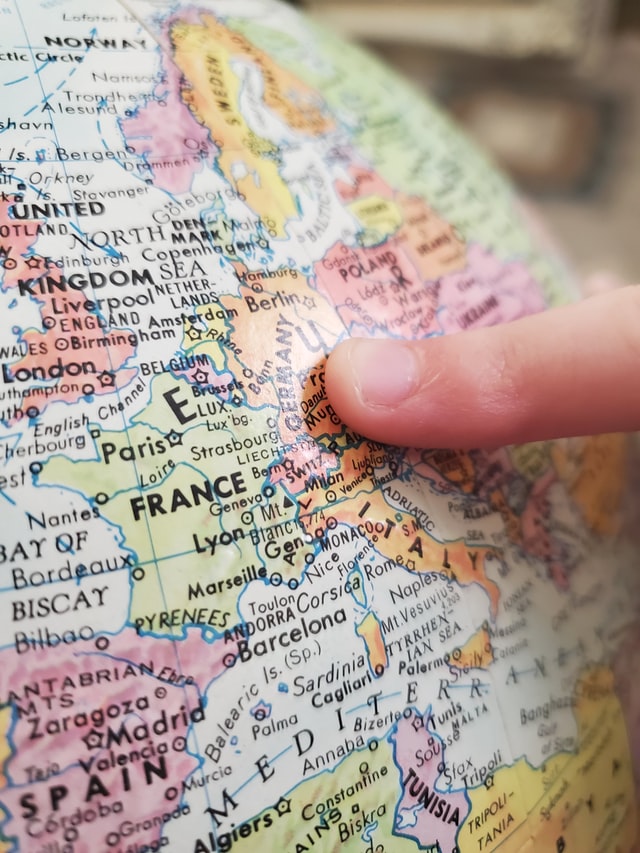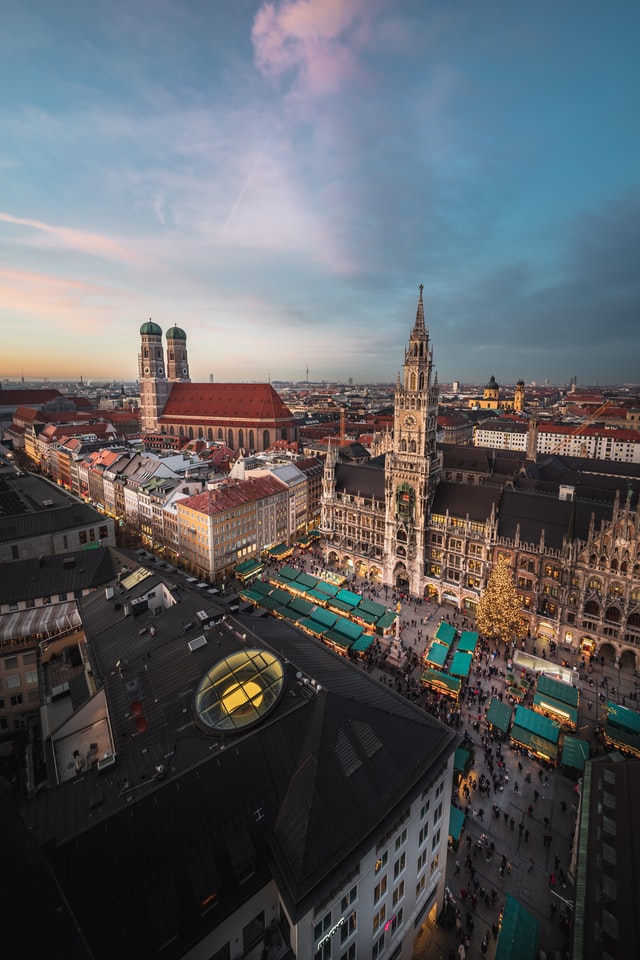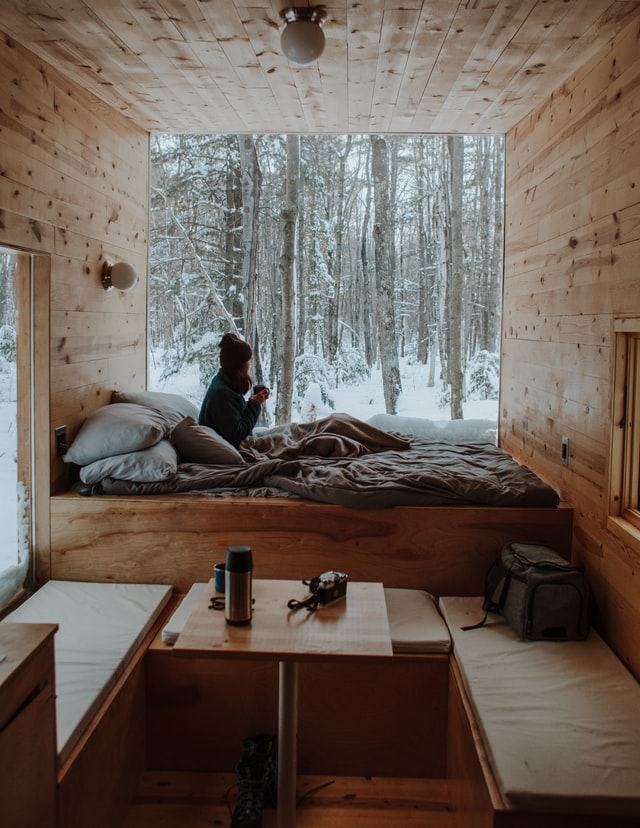Where In The Country Are You? Posted by Constanze on Sep 15, 2021 in Holidays, Language, Travel & Geography, Vocabulary
Guten Tag! I have recently come back from a holiday (der Urlaub), and during the long drive there and back I got to thinking about all the different parts of the country we’d travelled through, and all the signs we’d seen along the way. I wondered if this might be a useful thing for German learners to know – not just the names of cities, but vocabulary to describe which part of the country you are in geographically, and what type of place it is. Is it countryside, a city, or a coastal area? Are you in the city centre, or deep in the woods? Well, this post will give you the vocabulary you need to express just that, in German!
First, let’s look at what different geographical parts of a country are called:
The north – der Norden
The south – der Süden
The west – der Westen
The east – der Osten
The north-west – der Nordwesten
The north-east – der Nordosten
The south-west – der Südwesten
The south-east – der Südosten
**
Now let’s look at types of places within a country, such as a city centre or rural area, so you can describe the sort of place you’re travelling to, or the kind of place you might find yourself in when you go out exploring!
Town – die Stadt
City – die Großstadt (also sometimes called by its short form, die Stadt)
City/town centre – die Stadtmitte
Village – das Dorf
A little village – Ein kleines Dorf
Capital city – die Hauptstadt
Countryside – die Landschaft
Nature – die Natur
Urban– städtisch
Rural – ländlich
Industrial area – das Industriegebiet
The coast – die Küste
Coastal area – das Küstengebiet
Beach – der Strand
Right on the beach – Direkt am Strand
The woods – der Wald
Woodlands/woodland area – das Waldgebiet
Deep in the woods – Tief im Wald
Nature reserve – das Naturschutzgebiet
Mountainous area – das Berggebiet
In the mountains – In den Bergen/im Gebirge
Spa town – der Kurort (Spa towns are famous in Germany; a doctor can even prescribe you a stay in a spa town, if they think you need it! To read more about der Kurort, click here.)
Camping site – der Campingplatz
The state border – die Staatsgrenze
Island – die Insel
**
What type of place do you like to stay in, or visit, when you go on holiday? Personally, I lean towards Landschaft, specifically der Wald. Sometimes it can be fun to stay in a country’s Hauptstadt, but as I live in a Großstadt, I prefer being around die Natur (nature) when I go away! Let me know your preferences in the comment box! 🙂
Bis bald! (See you soon!)
Constanze

Build vocabulary, practice pronunciation, and more with Transparent Language Online. Available anytime, anywhere, on any device.







Comments:
Thorsten Stapel:
Thanks for this,
One error : It is Der Kurort
I thine Der Ort is generally missing, but it is important, becaus it describes the next settlement, no matter whether it is town or village
Constanze:
@Thorsten Stapel Danke, Thorsten! I caught that shortly after posting and corrected it, so it should show up as ‘der’ now.
Mark Bauer:
Your blog is wonderful, interesting, great words. I look forward to each one. You have a huge spectrum of topics (and, of course, the words). Once I finish with Rosetta Stone, I will look into other avenues for additional Deutsch learning. Thank you.
Constanze:
@Mark Bauer Thanks, Mark! Glad you find it so useful. Try our main site, https://www.transparent.com/ !
MF:
Two common informal words used in this context that come to mind are:
“jwd” or “jottwedee” from berlinerisch “janz weit draußen” meaning “out in the sticks”
and
“Speckgürtel” lit. the “bacon belt” of affluent suburbs/smaller cities/villages around a major city
Constanze:
@MF Thanks for sharing! 🙂